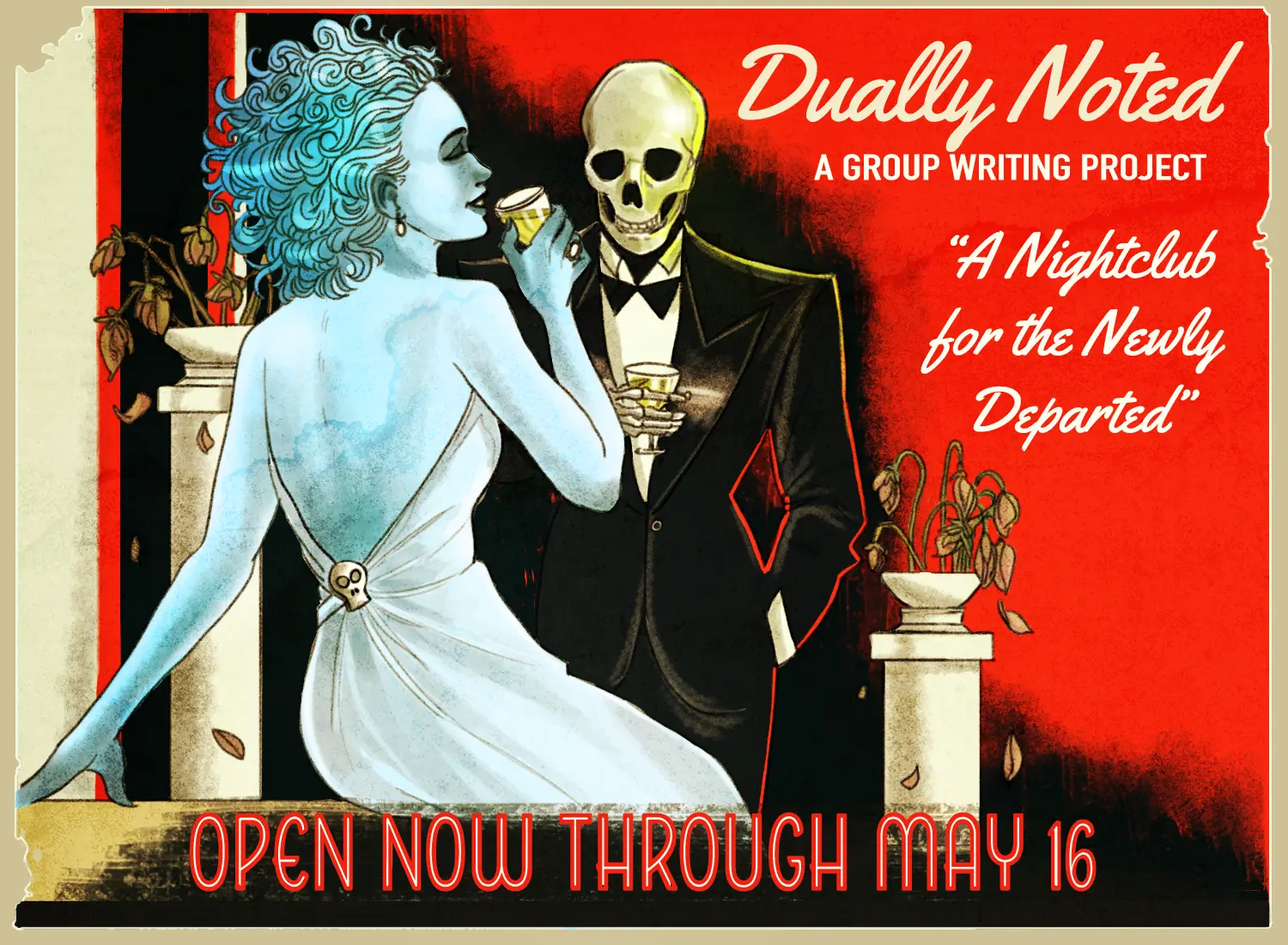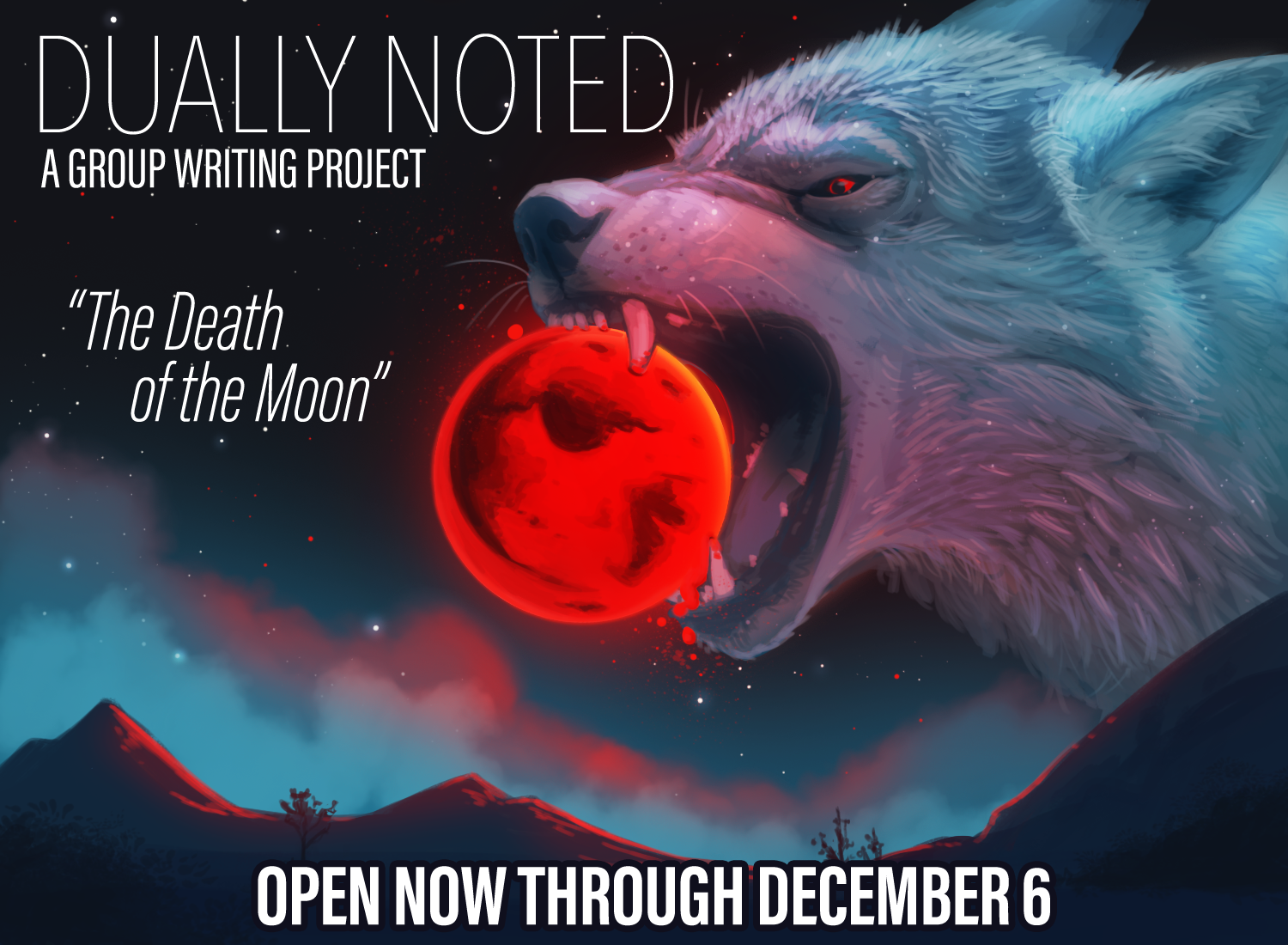
Doll’s Clothes
I was still wearing the same pajamas I had on when they stole from me.
Just a t-shirt and bottoms.
Nothing special.
The neon pink light of the club beckoned me, whispering promises of a haven, where the fallen could finally be laid to rest.
Inside, women clustered into small orbits, their voices hushed like a child’s lullaby. It wasn’t like the usual nightclubs I frequented—you know, the ones where pulsing blue strobe lights illuminated intoxicated bodies, illuminating the wild, the wicked, the darkest parts of man.
Here, no one danced. No one laughed. The air was thick with screams unheard.
I made my way to the bar and leaned in.
“Sorry,” the bartender murmured under her breath. “Non-alcoholic drinks only.”
Her eyes roamed my face, sweeping over me before settling on the dried blood staining my sleeve.
“This your first?” she asked in a low voice.
I nodded imperceptibly, glancing around to make sure the shadows weren’t listening.
I tilted my chin towards her. “You?”
Her mouth was drawn into a tight line, and for a moment, she said nothing. Then softly, bitterly, “Second. But this time he finally went through with it.”
Her words seeped into my bones, rattling the cage that once held my soul.
And then, from somewhere behind me—
“He spiked my drink.”
A pause.
“—left me on the side of the road.”
A whisper, barely more than a breath.
“I didn’t even know him.”
We gathered closer, stories slipping between us like a secret language, binding our fates together.
And then the door opened. A child entered the room. She couldn’t have been more than four or five, her Ariel dress trailing behind her, the pink sequins catching the neon light.
She was too young for this place.
But innocence had never protected any of us.
